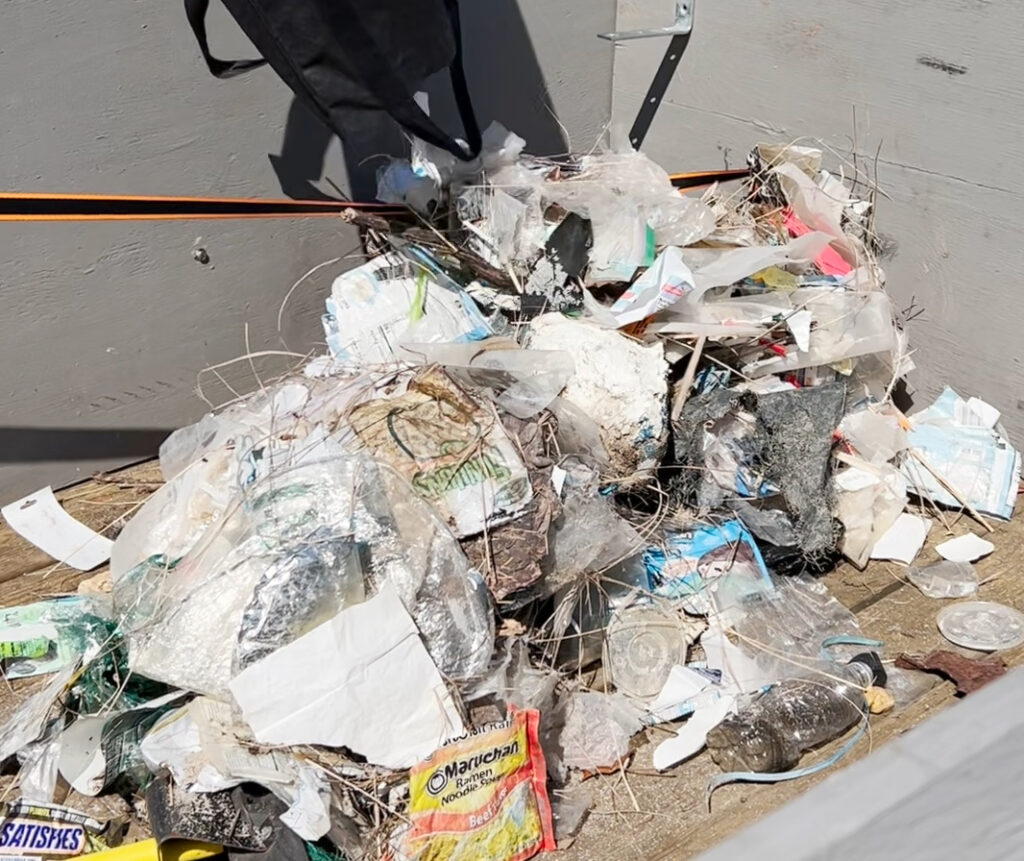Editorial: Important step to improving safety on the water

One weekend in July highlighted the importance of boater safety.
Consider the tragedies Suffolk County police responded to on consecutive days. On July 13, a Saturday, two boats collided in Moriches Inlet just after 7 p.m. A man and woman were forced to jump from their 16-foot center console HSX boat before a 34-foot Cabo rammed into them. Luckily, no serious injuries were reported.
The next day, Suffolk police arrested a Bay Shore man for boating while intoxicated after a crash in Great South Bay that left one boater injured. The 19-foot boat capsized, sending seven people into the water. That same day, a woman was killed when a 50-foot Sea Ray struck a drifting boat, throwing a married couple into the water. The woman was pulled from the water by the Coast Guard and ultimately pronounced dead.
Responding to marine incidents is a big part of the job for local police and fire departments areas surrounded by water. It’s why a new law requiring all New York boaters to take a safety course is long overdue and a common sense measure to help ensure that boaters on the water know what they’re doing.
Requiring boaters to pass a safety course won’t prevent every tragedy, but it’s a critical reminder that operating a large vessel on water comes with tremendous responsibility and can require just as much focus as driving a car.
As demographics change around the North Fork, and more second-home owners with deep pockets enjoy the beauty here during summer, the type of boater has shifted as well. In years past, most boaters started off by learning how to operate a small boat before gradually upgrading. Nowadays, we’re seeing more people with enough money to start off on some 35-foot vessel that can be a lot to handle — especially for novices.
All the fancy electronics and gadgets in the world can’t make up for experience.
“Today’s boater is not as conscious of where they are, who’s around them,” said Diane Sherman of Riverhead, who has lived aboard a boat on Peconic River for almost 17 years.
The penalties for failing to comply with the law — fines of $100 to $250 — might not even raise an eyebrow for a boater cruising on a 40-foot yacht. But passing this law is a step in the right direction to remind boaters of the importance of safety on the water. And even for experienced boaters, a refresher course couldn’t hurt.
Photo caption: Sea Tow boats docked in Southold. (Credit: Tara Smith)









